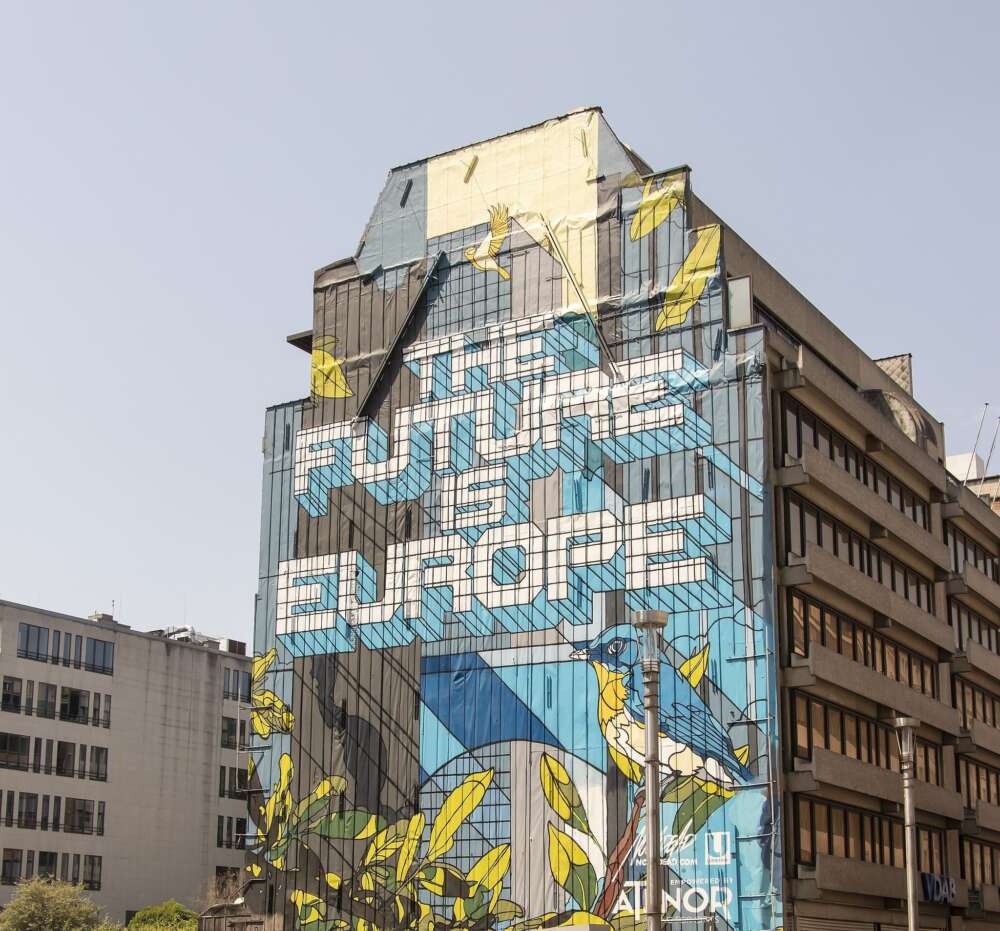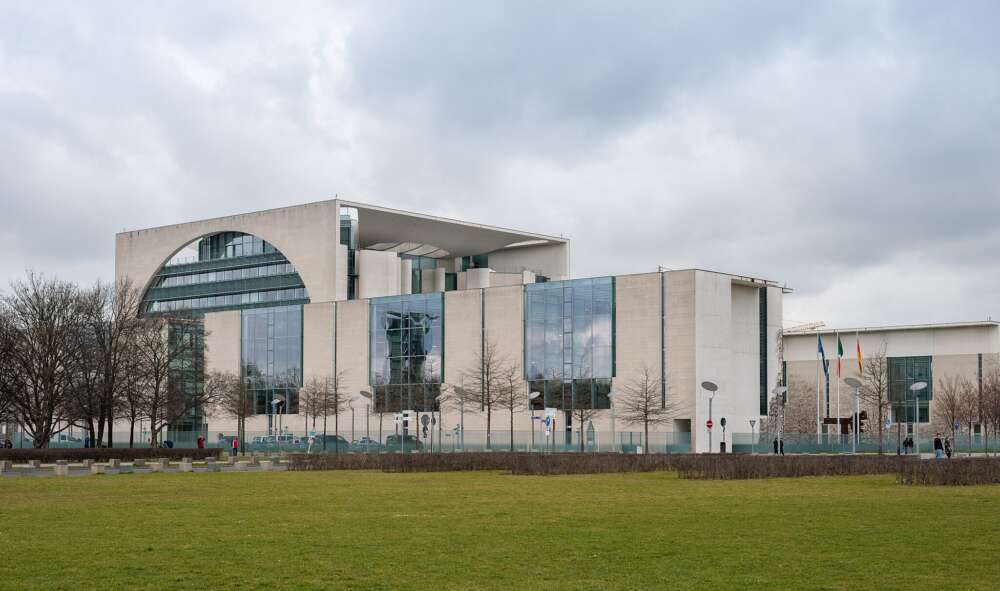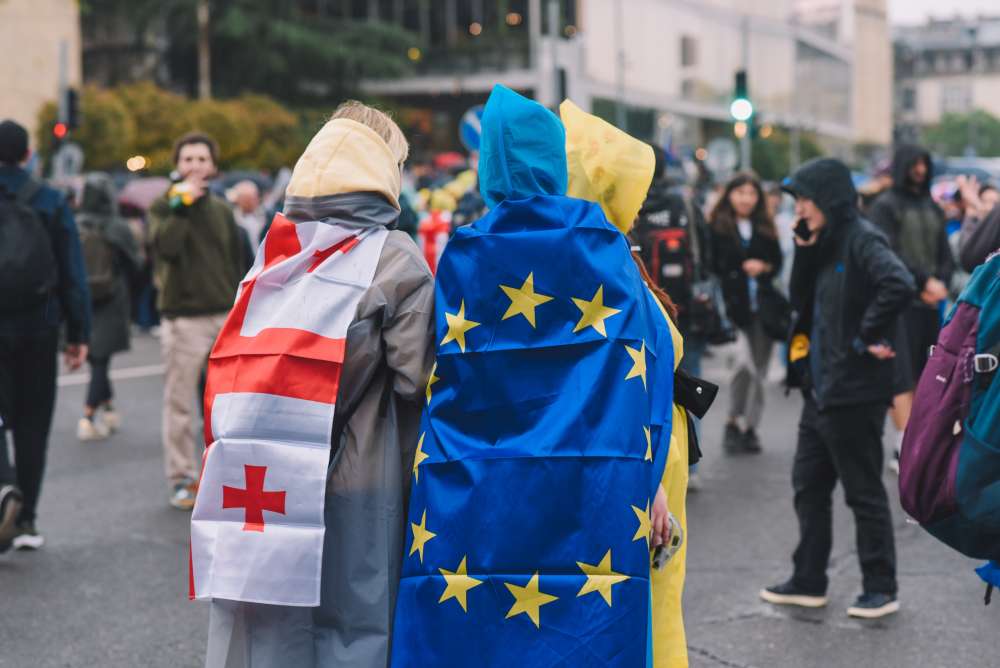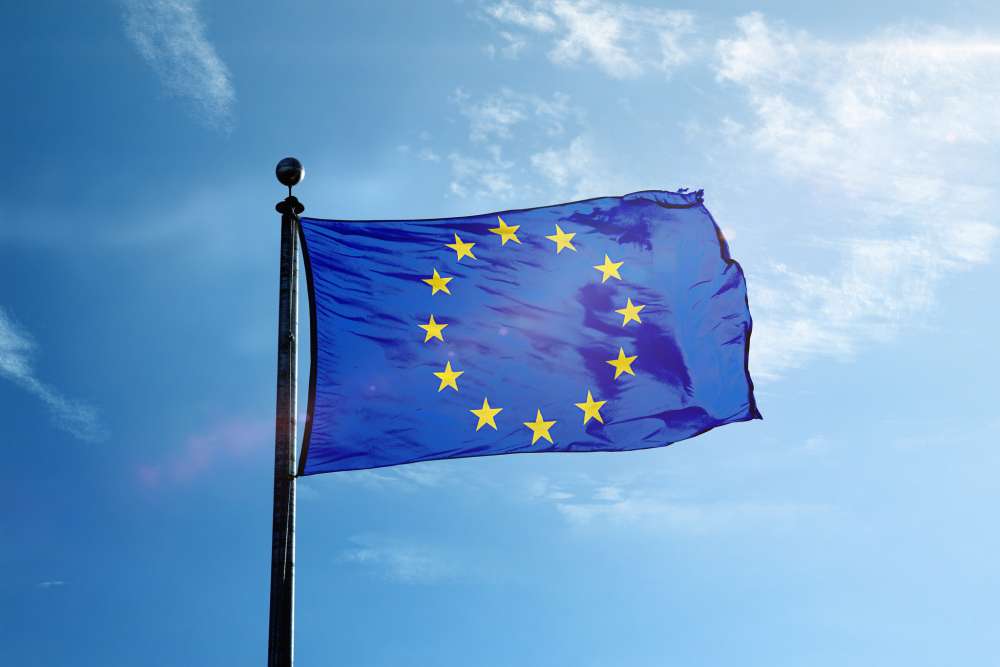Strategic Foresight and Anticipatory Action

Governments and international organizations are increasingly recognizing the benefits of applying systematic methods – like scenario building, expert forecasting and machine learning – to anticipate the future. Doing so helps inform their decision-making in the present and gives them the tools to act early on to prevent or mitigate crises and their impacts.
By taking into account various phenomena such as civil wars, violent regime change, large-scale protests, and natural hazards, we are working to systematically analyze the potential of different future-oriented methodologies for application in policy processes.
Our approach covers the full spectrum, from predictive models rooted in data on the past to exploratory scenario-building and foresight-based policy design. We explore how the public sector can use these models in practice to prepare for and shape the future of domestic and global politics. In doing so, our foresight-related projects identify bureaucratic obstacles that hinder the effective use of future-oriented methods, as well as methodological innovations for making tools better suited for anticipatory, future-proof policies.
In this vein, we seek to bring clarity into the discussion around which types of foresight methods can help to prevent crises. Our goal is to identify how organizations in different policy fields, from humanitarian action to foreign policy, can learn from one another to design robust policies and act early. In doing so, we aim to envision what the future of Europe’s neighborhoods could look like.
To date, our work on foresight has benefited from grants and contracts with the EU’s Horizon2020 research support scheme, the German Federal Foreign Office and the Industrieanlagen-Betriebsgesellschaft mbH (IABG).
For more information, please contact Sarah Bressan.







